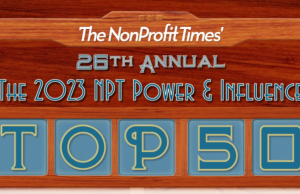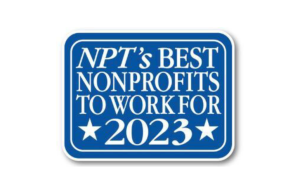If corporations are people, they are increasingly being socially responsible citizens. Workplaces and employees have stepped up in a time of racial disharmony, pandemic-related strains on the social net and overall increased need, according to Giving in Numbers:2020 Edition, a new study from New York City-based Chief Executives for Corporate Purpose.
Officials at 93 percent of companies surveyed that host diversity, equity and inclusion efforts said their success measurements have been rising, and 74 percent have increased resources dedicated to these efforts.
Externally, companies and their employees have upped their participation in efforts to ameliorate social causes, whether by allocating more funds overall, more unrestricted funds or more volunteer hours. In 2019, officials at 29 percent of surveyed companies indicated their employees participated in some form of volunteerism. But among those with a track record of employee activity — those followed from 2017 through 2019 — that rate increased from 30.6 percent to 32 percent.
The Giving in Numbers study referenced data showing that there is more to corporate volunteerism than organizations being magnanimous. Employees participating in volunteer activities show increased cultural awareness, as well as improved listening, attitude and motivation characteristics. Just fewer than two-thirds of companies report pro bono work is a very important part of their corporate social responsibility (CSR) strategy. Tracked over three years, companies that sponsor pro bono work report the number of volunteered hours has increased, on average, by 26 percent.
Corporations are stepping up. Just fewer than nine in 10 offer a financial gift matching program, and 24.7 percent of employees participated in these programs during 2019. Gifts are overwhelmingly matched at a one-to-one ratio: 90 percent do so, with an additional five percent matching at a two-to-one level. But this largesse has its limits: 80 percent of firms surveyed cap limits for individual matches at $15,000.
Firms aren’t just giving funds away, however. In 2019, the data shows 93 percent of the surveyed firms measured the impact of at least one of their grants, up from 85 percent in previous years.
One area in which they can measure efforts is the impacts internally and externally. Within companies, 54 percent acknowledge the most important employee benefit of their actions is increases in employee engagement scores, followed by 18 percent that responded attracting better employees and 13 percent that rank retaining employees as the top benefit.
Externally, 36 percent of participants acknowledge their community investment efforts improve their reputation while another 30 percent cite improved brand perception. Seven percent hold these efforts aid their customer retention efforts, and six percent believe they help win new customers.
Unsurprisingly, the newest trends in CSR reflect the increased demands of the coronavirus pandemic. Many companies that had the resources to manufacture or procure personal protective equipment did so, especially in the early days of the crisis. Corporations have been much more willing to transition their gifts from restricted to unrestricted support. Overall, 36 percent responded to the crisis by adding or changing gift matching policies, presenting more opportunities for pro bono or skills-based volunteerism, making more local grants or forging new partnerships.








